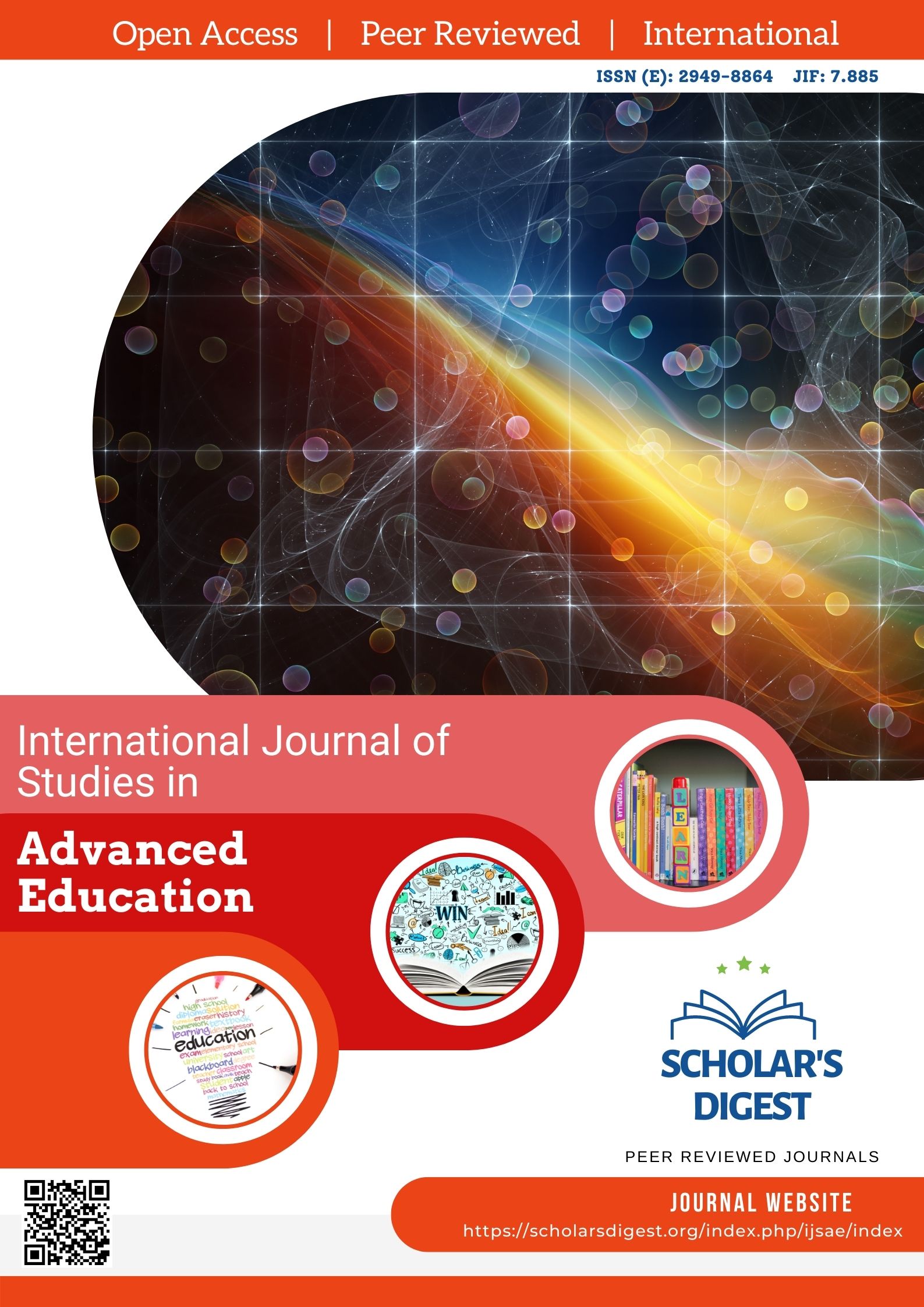THE EFFECTIVENESS OF IQ, BEHAVIORAL AND PSYCHOLOGICAL THERAPIES ON ADOLESCENT AGGRESSION IN SECONDARY SCHOOLS IN TARABA STATE, NIGERIA
Keywords:
Behavioral, Aggression, Adolescent, Secondary School.Abstract
This study aimed to investigate the impact of IQ, Behavioral, and Psychological Therapies on Adolescent Aggressiveness within Secondary Schools in Taraba State, Nigeria. The study focuses on the complex phase of adolescence marked by identity conflicts and external influences such as parental methods, socioeconomic status, religious views, and peer impact, all of which lead to violent behavior. Using a quasi-experimental approach with a factorial framework, the study includes independent variables (behavior treatment, social learning therapy, socioeconomic status, parenting styles) as well as the dependent variable (aggressiveness). Samples of 280 adolescents from secondary schools in Taraba state were randomly chosen from the population. The design involves cognitive restructuring and behavioral rehearsal treatments, with gender, socio-economic status, and parenting styles. Research hypotheses were evaluated at a significance level of 0.05. Data were analyzed using both descriptive and inferential statistical approaches. The results reveal a substantial variance in levels of aggression. The findings highlight the impact of parenting styles and socio-economic status on aggression. Aggression does not differ significantly by gender, parental socioeconomic level, parenting methods, age, educational background, or length of stay in correctional facilities. A recommendation was provided to develop intervention schemes customized to the specific needs of adolescents across various age ranges, taking into account the observed clustering of participants.
Downloads
Published
Issue
Section
License

This work is licensed under a Creative Commons Attribution-NonCommercial 4.0 International License.








